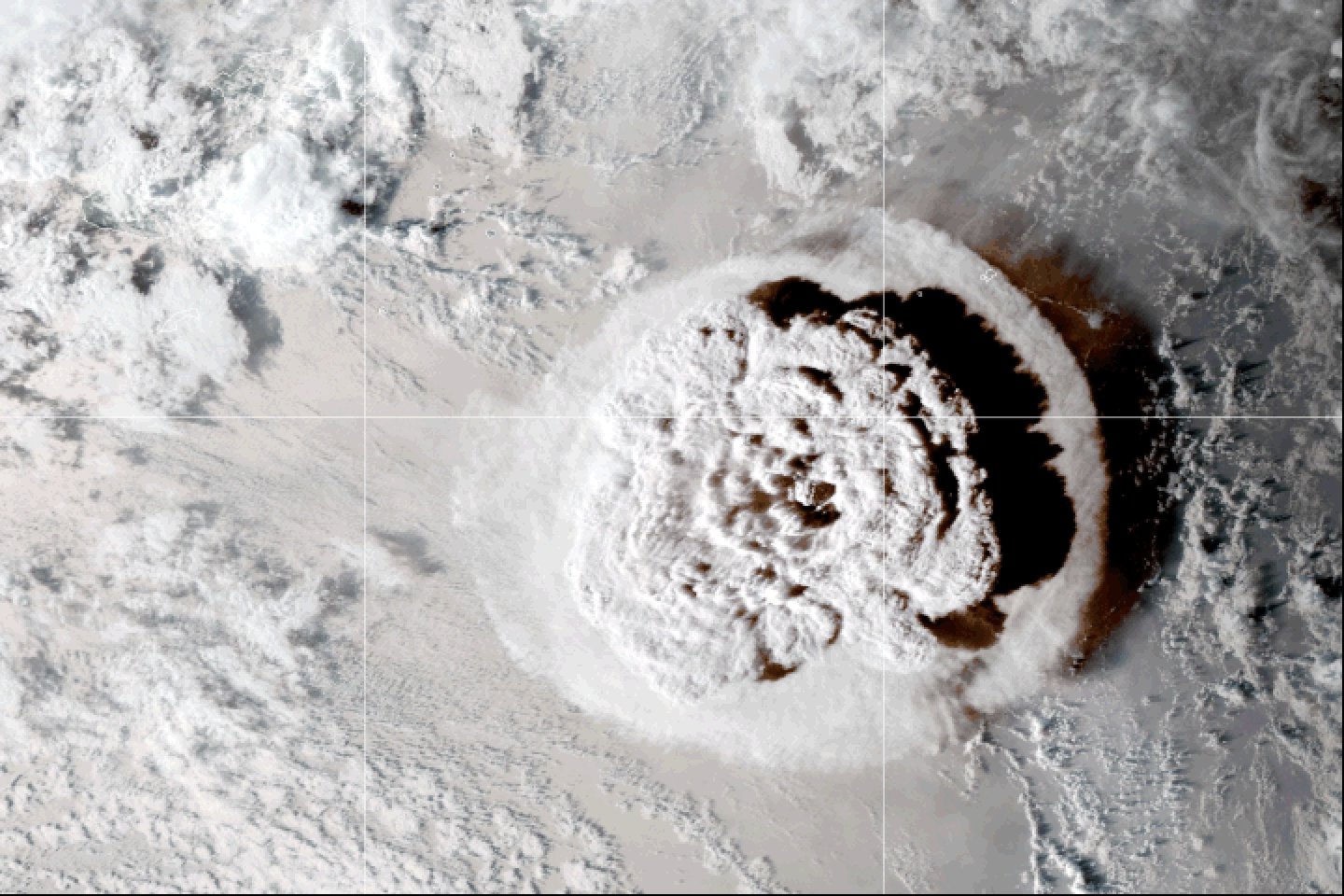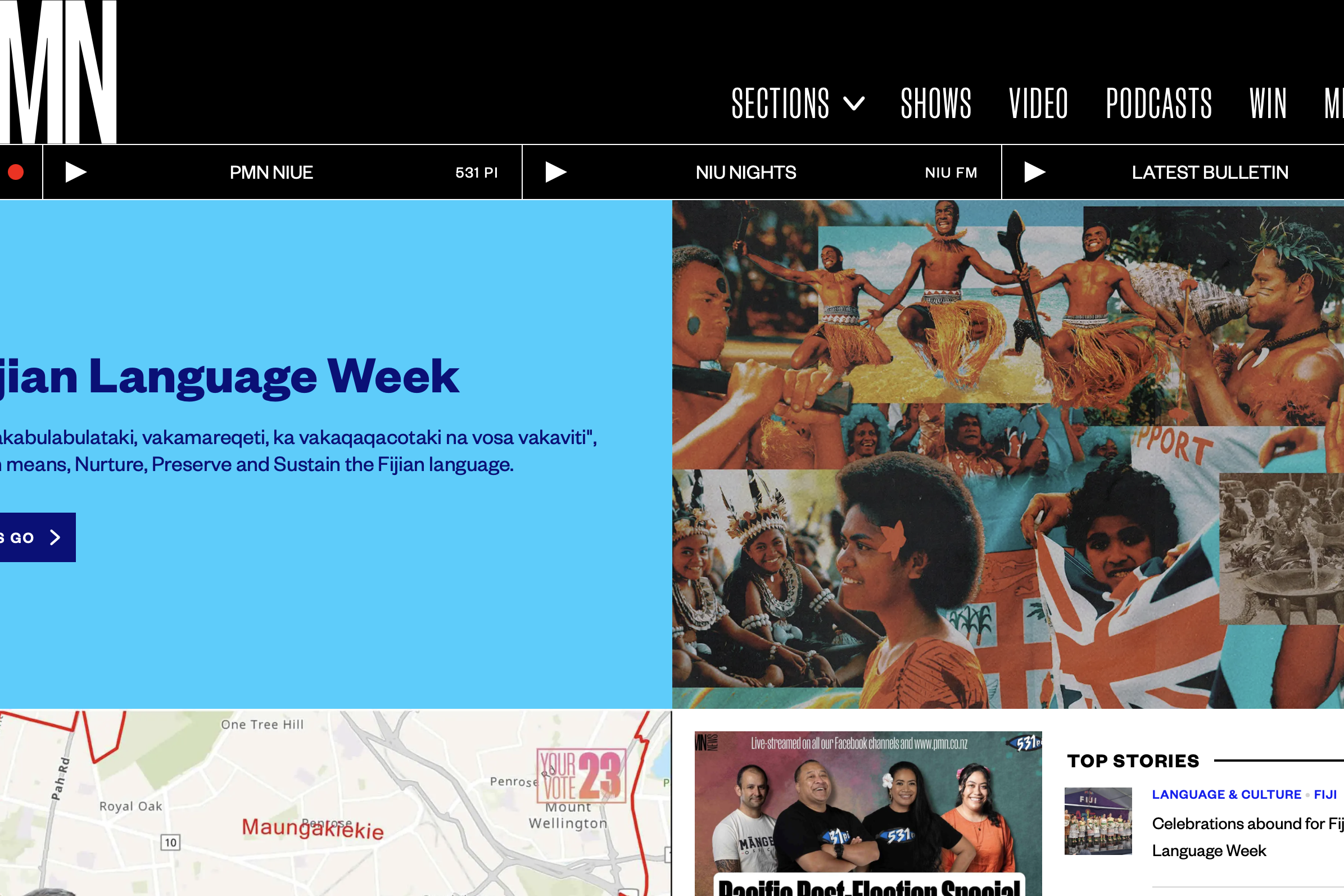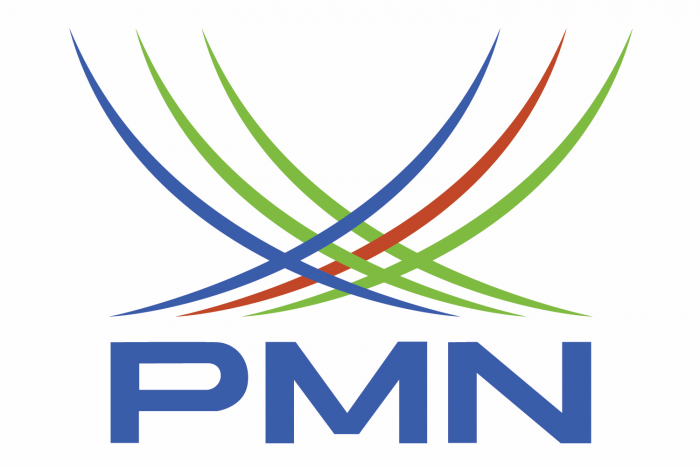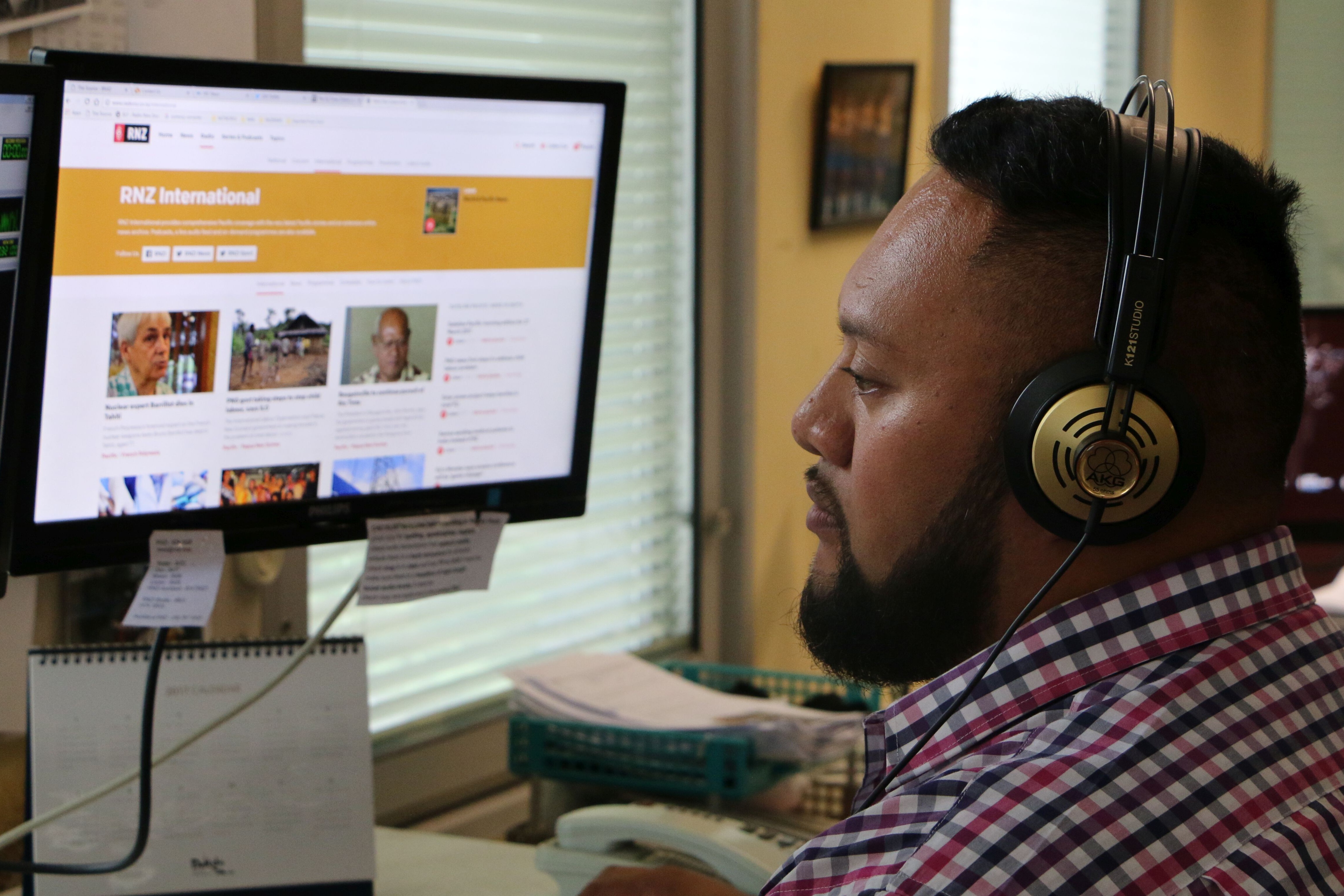INSIGHT
Pacific uniqueness is our ‘super power’ to tackle challenges ahead
16th January 2024
As the world starts to focus on the region “in which the sun never sets”, PMN is well placed to be the platform to amplify Pacific people’s voices, writes Don Mann.

This piece was originally published on PMN and is republished with permission.
By Don Mann, CEO of the Pacific Media Network
It’s that time of year when reflections and opinions are tossed into the breeze where they either dissipate as hot-air, linger uninvited or reflect the winds of change.
On that sobering note, I humbly request your understanding and patience as I lay out some thoughts.
Ask any media executive what keeps them up at night and almost all will speak of the battle for audiences, revenue, trust and viability – you can place PMN in this category.
Read more: Pacific Media Network launches new website
Most media organisations (including PMN) are currently in the act of lobbying our newly minted Ministers to enact legislation as a protection mechanism against social media and streaming platforms – then there’s the imminent task of strategically responding to Gen AI.
All of this is important but the media sector does run the risk of being preoccupied with domestic matters, obsessively navel gazing whilst developing a dependency disorder in its relationship with the government and one another.
So where does PMN sit amongst this? Where should we be positioned? The same question is equally relevant for all our friends across the Pacific media sector in Aotearoa.
The answer lies in our super power – an unapologetic “by Pacific, for Pacific, nothing about Pacific without Pacific” way of operating.* I’ll come back to this.
The world is descending on the Pacific region and even though we are witnessing a humanitarian crisis in the Middle East and ongoing war in Ukraine, the reality is the Pacific is the most hotly contested region on the planet.
Consider this from US President Joe Biden in September 2023 upon announcing major foreign policy investment, “a great deal of the history of our world will be written across the Pacific over the coming years”.
And this three days ago from Australian Prime Minister Anthony Albanese speaking at the Lowy Institute about security in the Pacific, “the submarine technology we are securing through AUKUS will deliver Australia the single-biggest boost to our defense and deterrence capability in our history”.
Subscribe toour newsletter
Keep updated with the latest public
media news from around the world
China’s President Xi Jinping spoke at a business event in San Francisco last month declaring China is ready to be a partner and friend to the United States but adding, “the number one question for us is: are we adversaries, or partners? This is the fundamental and overarching issue”.
It will be ethnic Pacific media platforms and the incredible cohort of Pacific journalists across many organisations who have the ability to empathetically present stories within a Pacific world-view with the added bonus of competency in multiple Pacific languages.
Closer to home, our Foreign Affairs Minister confirmed his intention to reset the Pacific Reset, or can I cheekily propose that our coalition government instead adopts te reo Māori phrase “haere tonu” (keep going) for our Pacific foreign policy.
So as multiple political forces jostle for power and control across the Pacific Region against the backdrop of climate change and the resultant depopulation, who will be best placed to provide a platform for Pacific voices that upholds the notion of Pacific sovereignty?
It will be ethnic Pacific media platforms and the incredible cohort of Pacific journalists across many organisations who have the ability to empathetically present stories within a Pacific world-view with the added bonus of competency in multiple Pacific languages.
For example, when Hunga Tonga–Hunga Haʻapai erupted in January 2022, the BBC came calling on PMN to secure a direct line to our Tongan language broadcasters as PMN Tonga Producer Filipo Motulalo streamed globally to the Tongan diaspora in the immediate aftermath of the eruption.

What did ABC Australia do in response to their government’s Indo-Pacific Strategy? They came straight to Pacific ethnic media to headhunt journalists Johnson Raela, Agnes Tupou and Alice Lolohea.
But behind those three, at PMN alone there are now over 80 incredibly talented multimedia broadcasters, most bilingual, many multilingual – who all consider themselves part of the global community of Pacific people.
Ethnic Pacific multimedia organisations operating 24 hours a day are metaphors for digital vaka connecting global diaspora of Pacific people regardless of where we are in the world, irrespective of the time zone, irrespective of where Tamanuiterā (the sun) might be setting or rising.
The phrase, “the empire on which the sun never sets”, was sprouted as a statement of pride (I would suggest colonial arrogance) by the Romans, Spanish and British Empires.
Let’s claim that phrase and give it our meaning as we hold our space in our indigenous home, Te Moana Nui ā Kiva – with that, I prefer, “the sun never sets on the children of Kiva”.
Arohanui atu ki a koutou katoa, ‘ofa lahi atu.
*For an insight into the world of by-Pacific for-Pacific storytelling, check out reCoup, a three part series on the political situation in Fiji produced by PMN Chief of News Justin Latif and PMN videographer Eroti Navuku.

About the author
Don Mann is the CEO of the Pacific Media Network.
Our thanks to Mr. Mann for providing this report. It was originally published on PMN.
Related Posts
30th May 2023
Pacific Media Network introduces menopause and menstrual leave
The Pacific Media Network has…
25th August 2022
Public media expands reach and services for the Pacific
Public media organisations are…



